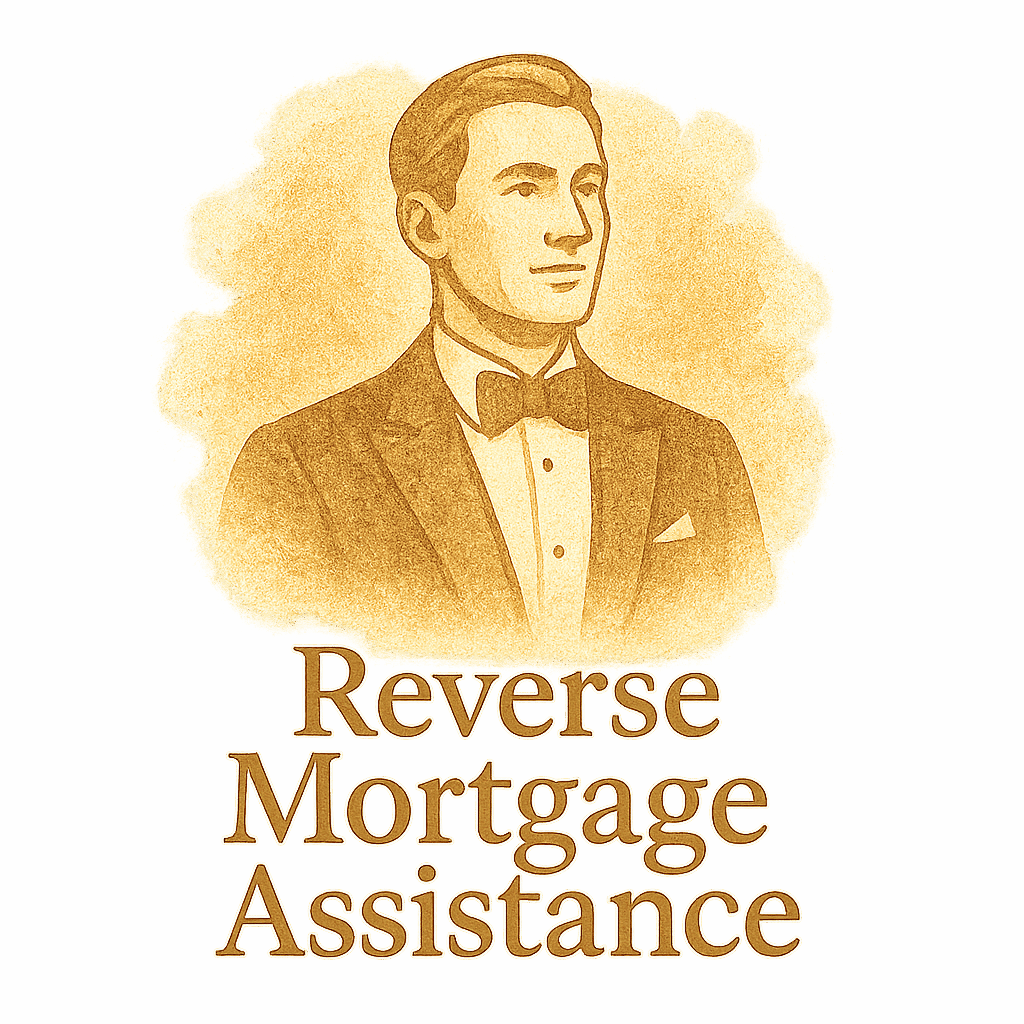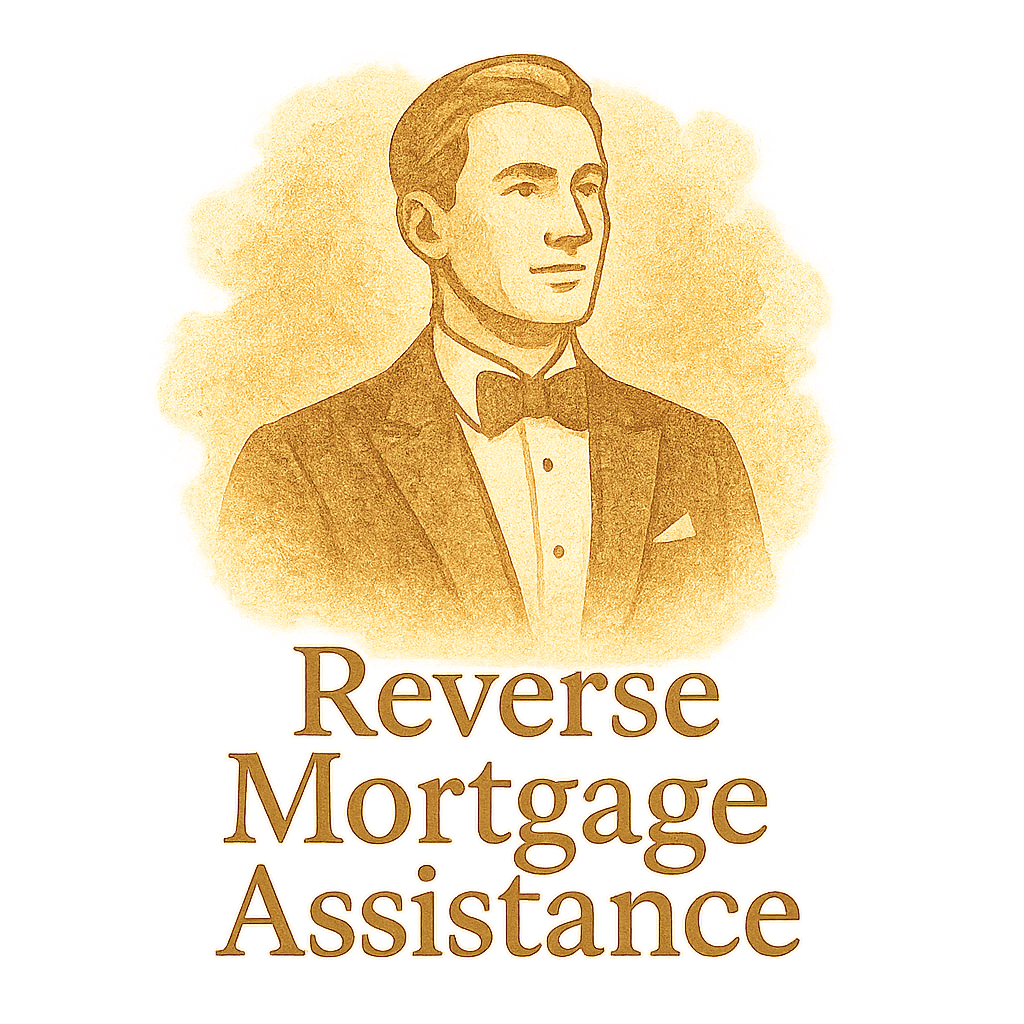Introduction: Why Understanding Inherited Reverse Mortgages Matters
If you’ve recently inherited a home with a reverse mortgage, you’re probably juggling emotions and responsibilities. It can be overwhelming. But don’t panic—there are clear steps you can take. Understanding what happens next is crucial. Whether you’re thinking about keeping the house, selling it, or walking away, knowing your rights and obligations will save you time, stress, and money.
What is a Reverse Mortgage?
A Quick Recap for Heirs
A reverse mortgage allows homeowners, typically seniors, to borrow against the equity in their home. Unlike a traditional mortgage, they don’t make monthly payments. Instead, the loan balance grows over time and is usually repaid when the borrower dies, sells the home, or moves out permanently.
Common Misconceptions
Some heirs believe the home is fully theirs without strings attached. But that’s not quite true. In most cases, the loan must be settled before heirs can claim ownership. That could mean paying off the loan, refinancing, or selling the home.
Thing #1: The Loan Must Be Repaid Upon Death
What Triggers Repayment
The moment the last borrower dies, the loan becomes due and payable. Lenders will usually notify the estate or heirs in writing. From there, the countdown begins. Typically, you’ll have about 30 days to respond and up to 6 months to resolve the loan.
Options for Heirs
Heirs generally have three options:
- Repay the loan balance and keep the home.
- Sell the home and use the proceeds to repay the lender.
- Walk away and let the lender handle the sale.
Make sure you check out this basic guide to reverse mortgages to better understand your starting point.
Thing #2: You Can Keep the Home, But Conditions Apply
Paying Off the Balance
Want to keep the home? You’ll need to pay off the reverse mortgage. This usually involves securing financing or using estate assets. Lenders often accept 95% of the home’s appraised value if the loan balance exceeds it.
Refinancing Possibilities
If you qualify, refinancing into a traditional mortgage or home equity loan is one route. But don’t delay. Reverse mortgage timelines are strict. It’s smart to start talking to lenders or mortgage planners early. This loan comparison resource can help you figure out what options may work best for you.
Thing #3: Selling the Home is a Common Choice
Timeline for Sale
Selling is often the simplest way to settle the loan. Typically, lenders give heirs 6 months to sell, with possible extensions. Be transparent with your lender and request more time if needed.
What Heirs Need to Know About Home Value vs. Loan Balance
Sometimes, the home is worth less than the loan amount. Thanks to the “non-recourse” nature of reverse mortgages, heirs won’t owe the difference. Learn more about non-recourse loan protections and why they matter.

Thing #4: Non-Recourse Loan Protections
What Does Non-Recourse Mean?
It means you’re not on the hook beyond the home’s value. If the reverse mortgage balance exceeds the home’s worth, the lender can only collect the home—not any other assets in the estate.
Implications for Heirs
This is one of the biggest safety nets in reverse mortgages. It protects heirs from inheriting debt. Check out more mortgage myths and truths to see why this is often misunderstood.
Thing #5: Legal and Regulatory Considerations
Required Notifications and Deadlines
After the borrower’s death, heirs must act fast. There are formal notices to send, documents to gather, and deadlines to meet. Visit the legal and regulatory section for the latest rules.
Key Legal Terms
Understanding legal terms like “due and payable,” “non-recourse,” and “foreclosure proceedings” will empower you to make informed decisions.
Thing #6: Impact on Estate Planning and Taxes
Estate Distribution
Reverse mortgages can affect how an estate is divided. If the house needs to be sold to pay the loan, other heirs might receive less. Clear planning and early conversations with professionals are essential.
Possible Tax Implications
Generally, forgiven debt on non-recourse loans isn’t taxable. But situations vary. Always check with a tax advisor to avoid surprises. Learn more under mortgage planning.
Thing #7: Seek Professional Help Early
Financial and Legal Advisors
Dealing with an inherited reverse mortgage isn’t a DIY job. Talk to a reverse mortgage specialist, estate attorney, or financial planner. This step alone can prevent costly mistakes. Our mortgage case studies highlight how expert advice can lead to better outcomes.
Importance of Early Preparation
Preparation is everything. The more you know, the smoother the process. Browse helpful tips and guides tagged under preparation, retirement, seniors, and reverse mortgage.
Conclusion
Inheriting a home with a reverse mortgage doesn’t have to be a financial nightmare. With the right knowledge and preparation, you can navigate the process confidently. Whether you keep the home, sell it, or let it go, understanding your responsibilities is key. Start early, ask questions, and don’t be afraid to seek expert guidance.
FAQs
1. Can heirs be held personally liable for a reverse mortgage debt?
No, reverse mortgages are non-recourse loans. Heirs aren’t personally responsible beyond the home’s value.
2. How long do I have to repay a reverse mortgage after the borrower’s death?
Usually, heirs have 6 months, with possible 3-month extensions.
3. Can I refinance the inherited home to pay off the reverse mortgage?
Yes, if you qualify. Refinancing is a common strategy to retain the home.
4. What if the home value is less than the loan balance?
You’re protected. You can settle the loan for 95% of the home’s current appraised value.
5. Who notifies heirs about the reverse mortgage?
The lender typically contacts the estate or heirs once the borrower passes away.
6. Are reverse mortgages subject to estate taxes?
It depends on the total estate value. Consult a tax expert for specifics.
7. Where can I get more help?
Visit ReverseMortgageAssistance.com for expert insights, planning tools, and legal resources.


